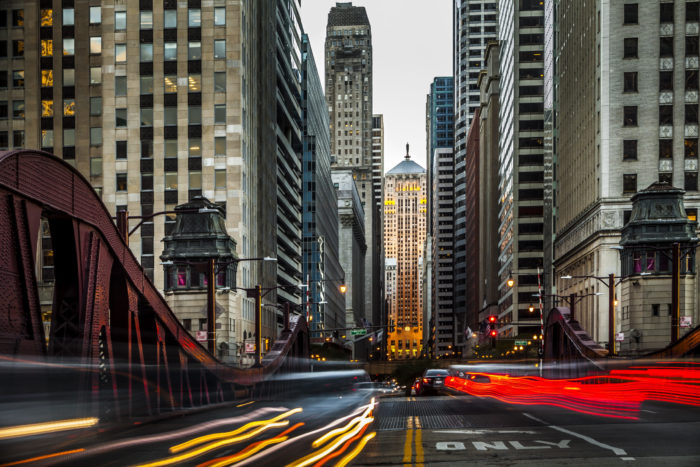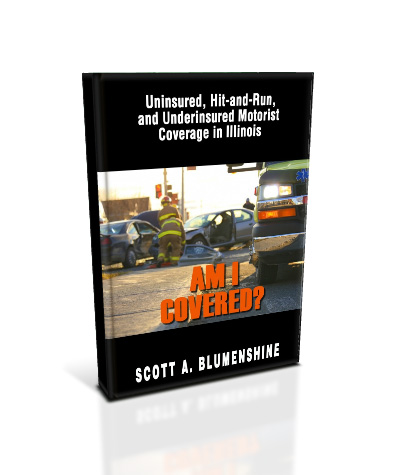A concussion is a form of traumatic brain injury (TBI). It can be limited in nature and resolve in just a few days. It can also be severe and long lasting. The victim may lose consciousness, have ongoing dizziness, confusion and suffer other enduring consequences that affect not only the injured person, but also family members, friends and colleagues.
Automobile accidents are the third leading cause of concussion-related emergency department visits, hospitalizations and deaths in the U.S. It is possible for a person to suffer a concussion injury during a car accident and to not even realize it for days, or even weeks, later.
Dale Earnhardt, Jr., a popular NASCAR driver, suffered a concussion in a June 2016 crash, but symptoms did not show up until a few weeks later. Ultimately, the concussion was so severe, he was unable to race again in 2016.
Car Accidents are a Leading Cause of Concussions
What Causes a Concussion?
Although concussions in car accidents are generally caused by the head hitting the dashboard, window, steering wheel or other object during the crash, a concussion can also be the result of the head and upper body shaking violently such that the brain actually bounces within the skull.
According to the Mayo Clinic: “your brain has the consistency of gelatin. It’s cushioned from everyday jolts and bumps by cerebrospinal fluid inside your skull.”
Two major ways the brain is damaged in a car accident are:
- When your head hits an object in the car during the crash, the brain bounces around inside the restrictions of the head and is damaged when it hits the walls of the rigid skull.
- When a car suddenly jerks, the brain may be violently shaken back and forth, which causes it to shake within the skull wall and thus be damaged.
In the confusion and stress that follow an auto accident, the concussion injury may not be immediately obvious. There are signs and symptoms that those who are injured need to watch for and to seek immediate medical treatment if any of them occur.
Signs and Symptoms of a Concussion
Symptoms may last a few days, a few months, or a lifetime. If any of the following are noticed following an auto accident, go to the emergency room or call your doctor:
- Loss of consciousness
- Headache or head pain
- Confusion
- Irritability
- Dizziness
- Blurred vision
Symptoms that may not show up immediately include:
- Memory problems
- Difficulty in concentration
- Sleep impairment
- Problem with the senses, such as sensitivity to light and noise.
- Taste and smell are not right
- Loss of balance
- Mood changes
Diagnosis and Treatment
Diagnosis may be made by history of symptoms, physical exam, imaging tests, both a CT Scan and an MRI. A neurologist may also test cognitive skills by checking out memory, concentration, and the ability to recall information.
Treatment consists primarily of rest. Patients will need to take time off of work or school. It may seem like common sense not to engage in physical activity, but those recovering from concussions must also refrain from activities that strain mental functioning. They are restricted from playing video games, watching television, reading, using the computer and even texting.
If treated promptly and correctly, many people eventually make a full recovery from a concussion. Others suffer for the rest of their lives and are more prone to developing various types of dementia later in life.
Contact our Concussion Attorneys
If you suffered a concussion during an auto accident, our Chicago Concussion Attorneys at the Blumenshine Law Group can help you recover compensation for your medical expenses, lost wages, and other damages. For example, you may never be able to return to your former occupation and will need retraining. Contact us, call us at (312) 766-1000 or email at [email protected] as soon as possible for a free consultation.


